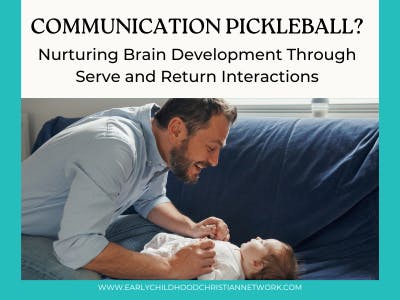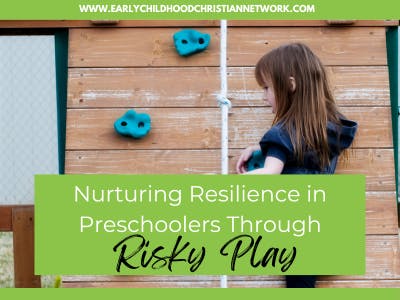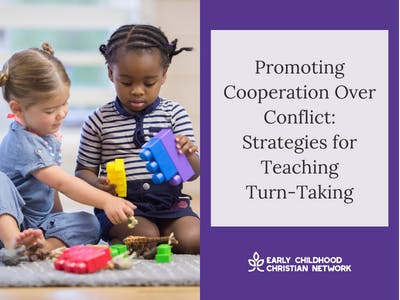The Power of Laughter: Nurturing a Positive Sense of Humor in Early Childhood
|
Hey Reader! Laughter is often called the best medicine, and in an early childhood classroom, it can be transformative. A positive sense of humor is not only a delightful part of childhood but also a critical aspect of social-emotional development. What?! A sense of humor in young children is actually critical to social-emotional development?! Let’s explore this a little bit today. The Role of Humor in Development Humor plays a significant role in supporting the development of cognitive and social skills. When children engage in playful, humorous interactions, they practice creativity, problem-solving, and language development. Laughter often arises from recognizing incongruities (things that just don’t quite line up)—such as a silly voice or an unexpected ending to a story—which helps children develop flexible thinking. Mirror neurons (you’ve definitely heard me mention these before!) enable us to mimic and feel the emotions of others, making laughter and joy highly contagious. When a teacher laughs or smiles, children are likely to respond in kind, creating a positive and connected classroom atmosphere. Check out THIS old song to get your laughter started! Benefits of Laughter in the Classroom
How can you bring a little more humor to your classroom?
The Ripple Effect Creating a joyful classroom has lasting impacts. Children who experience regular moments of laughter and humor tend to be more confident, empathetic, and resilient. Will you embrace the power of laughter and fill your classroom with giggles, smiles, and playful learning?
Cheering you on this week! -Your ECCN team
Fall Regional Conferences Confirmed!Mark your calendars! Details coming SOON!(registration opens June 1 for Fall conferences.) East Texas (Tyler) – September 6, 2025 West Texas (Lubbock) – October 18, 2025 Bryan/College Station – November 8, 2025
Colossians 3:16 “Let the message of Christ dwell among you richly as you teach and admonish one another with all wisdom through psalms, hymns, and songs from the Spirit, singing to God with gratitude in your hearts.” |






